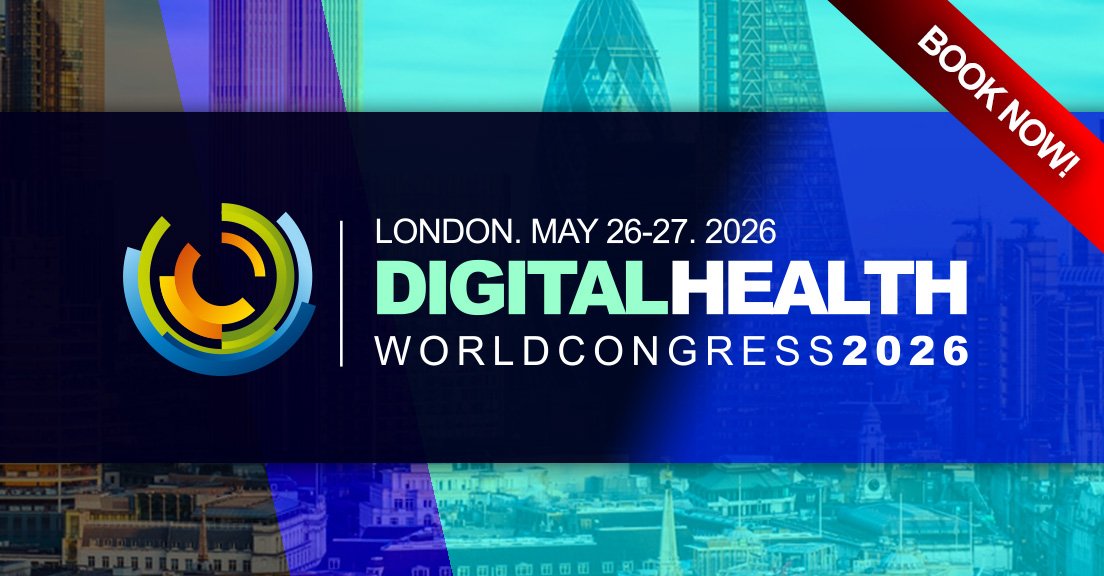

Introduction
In the ever-evolving landscape of healthcare, the integration of Artificial Intelligence (AI) technologies continues to reshape the industry, offering new opportunities for innovation, efficiency, and improved patient outcomes. As we navigate the complexities of the AI in Healthcare market in 2024, businesses and senior executives must stay abreast of emerging trends and seize upon the myriad opportunities presented by this transformative technology.
1. Personalized Medicine and Treatment
One of the most promising trends in the AI in Healthcare market is the rise of personalized medicine and treatment. AI algorithms analyze vast amounts of patient data, including genetic profiles, medical histories, and lifestyle factors, to develop tailored treatment plans. For example, companies like Tempus are leveraging AI to analyze genomic data and inform personalized cancer treatment strategies, improving patient outcomes and reducing adverse effects.
2. Predictive Analytics for Disease Prevention
Predictive analytics powered by AI are revolutionizing disease prevention efforts, enabling healthcare providers to anticipate and mitigate health risks before they escalate. By analyzing patient data and environmental factors, AI algorithms can identify individuals at high risk of developing chronic conditions such as diabetes or cardiovascular disease. Companies like IBM Watson Health are leveraging predictive analytics to develop population health management solutions, enabling healthcare organizations to implement targeted interventions and reduce disease burden.
3. Remote Patient Monitoring and Telemedicine
The adoption of remote patient monitoring and telemedicine solutions is on the rise, driven by advances in AI technology and the need for accessible and cost-effective healthcare delivery. AI-powered platforms enable remote monitoring of patients’ vital signs and symptoms, facilitating proactive intervention and reducing the need for in-person visits. For instance, companies like Philips Healthcare offer telemedicine platforms that leverage AI algorithms to enable virtual consultations and remote monitoring of chronic conditions, improving patient access to care and reducing healthcare costs.
4. Medical Imaging and Diagnostics
AI algorithms are enhancing the accuracy and efficiency of medical imaging and diagnostics, enabling earlier detection and more precise diagnosis of diseases and conditions. Machine learning models analyze medical images such as X-rays, MRIs, and CT scans to identify abnormalities and assist radiologists in interpretation. Companies like GE Healthcare are integrating AI into their imaging systems to improve diagnostic accuracy and workflow efficiency, leading to faster diagnosis and treatment for patients.
5. Drug Discovery and Development
AI is revolutionizing the drug discovery and development process, accelerating the identification of novel drug candidates and optimizing clinical trial design. Machine learning algorithms analyze biological data and predict drug-target interactions, enabling pharmaceutical companies to expedite the development of new therapeutics. For example, companies like Insilico Medicine are using AI to identify potential drug candidates for diseases such as cancer and Alzheimer’s, reducing the time and cost associated with traditional drug discovery methods.
6. Virtual Health Assistants and Chatbots
Virtual health assistants and chatbots powered by AI are transforming patient engagement and support, providing personalized health information and assistance round-the-clock. These AI-driven solutions enable patients to access medical advice, schedule appointments, and receive medication reminders via chat interfaces or voice commands. Companies like Babylon Health offer virtual health assistant apps that leverage AI algorithms to provide symptom triage and health coaching, improving patient access to healthcare resources and self-management tools.
7. Blockchain for Health Data Security
Blockchain technology is increasingly being utilized to enhance health data security and interoperability in the AI in Healthcare market. Blockchain’s decentralized and immutable ledger enables secure storage and sharing of patient health records, protecting against data breaches and unauthorized access. Companies like Medicalchain are leveraging blockchain to create patient-centric health record systems that give individuals control over their health data while ensuring privacy and security compliance.
8. Wearable Devices for Remote Monitoring
Wearable devices equipped with sensors and AI capabilities are facilitating remote monitoring of patients’ health metrics and activities, enabling continuous and proactive care. These devices collect real-time data on vital signs, activity levels, and sleep patterns, providing valuable insights into patients’ health status. Companies like Fitbit are leveraging AI to analyze data from their wearable devices and detect anomalies or trends indicative of underlying health conditions, empowering users to take control of their health and well-being.
9. Robotics and Automation in Healthcare
Robotics and automation technologies are increasingly being deployed in healthcare settings to streamline processes, enhance productivity, and improve patient care. AI-powered robots can assist healthcare professionals in tasks such as surgery, rehabilitation, and medication dispensing, reducing human error and improving efficiency. For instance, companies like Intuitive Surgical develop robotic surgical systems that integrate AI algorithms to enhance surgical precision and outcomes, revolutionizing minimally invasive procedures.
10. AI-Driven Population Health Management
Population health management initiatives powered by AI are enabling healthcare organizations to improve health outcomes and reduce costs across diverse patient populations. AI algorithms analyze population data to identify trends, patterns, and risk factors, informing targeted interventions and preventive measures. Companies like Optum are leveraging AI to develop population health management platforms that integrate clinical and claims data to identify high-risk patients and coordinate care interventions, leading to improved health outcomes and cost savings.
Conclusion
As we navigate the AI in Healthcare market in 2024, businesses and senior executives must recognize the transformative potential of AI technologies and capitalize on emerging trends and opportunities. From personalized medicine and predictive analytics to remote patient monitoring and drug discovery, AI is driving innovation and reshaping the future of healthcare delivery and outcomes. By embracing these emerging trends and investing in AI-driven solutions, organizations can position themselves at the forefront of the evolving healthcare landscape, driving efficiency, improving patient outcomes, and delivering value to stakeholders across the healthcare ecosystem.











